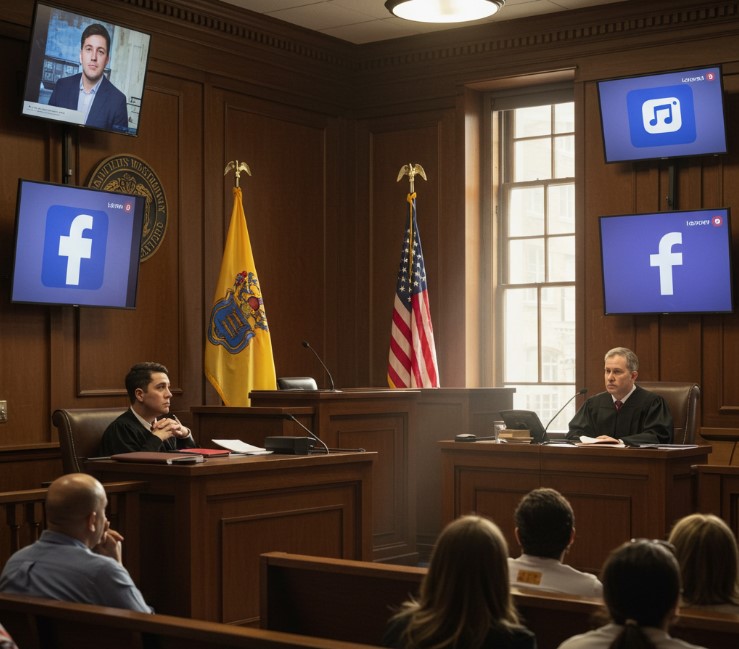The Fair Labor Standards Act (FLSA), also known as the federal Wage and Hour Law, regulates minimum wage, overtime, equal pay, record keeping, and child labor for employees of enterprises engaged in interstate or foreign commerce, and employees of state and local governments (basically everyone). The FLSA is arguably the most violated labor law by employers.
The FLSA provides many protections for non-exempt employees, but most significant is the payment of overtime at a rate of time and a half for all hours worked over 40 hours in a single workweek for said non-exempt employees. This law also provides exemptions from overtime for Exempt employees including certain administrative employees, professional employees, highly compensated employees, outside sales employees, and certain computer professional employees.
To be exempt, employees generally must pass the salary level test, the salary basis test and the work duties test. Employers must be informed, must re-evaluate classifications and salary levels of certain employees, must be trained, and must be prepared to implement the new changes in the law, effective in less than two weeks, to avoid significant future penalties, fines, litigation, and reputational damage.
Effective December 1, 2016, this law will significantly expand in scope with the implementation of new regulations that employers MUST comply with. In addition to other new provisions, the regulations will now provide overtime protections to 4.2 million workers who are not currently eligible under federal law. A summation of other major changes in the law are as follows: workers who do not earn at least $47,476 a year ($913 a week) will have to be paid overtime– even if they’re classified as a manager or a professional (almost doubling the current weekly amount); employers may factor in non-discretionary bonuses, incentive payments and commissions that are paid at least on a quarterly basis to satisfy 10% of the minimum salary requirements; the salary threshold for highly compensated employees exemption will increase from $100,000 to $134,000; and there will be automatic, pre-published updates to the above salary thresholds starting every 3 years on January 1, 2020 to keep these amounts relevant with the current economy.
For violations, the Department of Labor may recover back wages, through administrative or court proceedings, for the employees that have been underpaid in violation of the law. Violations of the law can also result in criminal and civil actions.
Employers, who violate the law, may be assessed civil monetary penalties of up to $1,100 for each willful or repeated violation of the minimum wage or overtime pay provisions of the law, and up to $11,000 for each employee who is the subject of a violation of the law’s child labor provisions. In addition, a civil monetary penalty of up to $50,000 may be assessed for each child labor violation that causes the death or serious injury of any minor employee, and such assessments may be doubled, up to $100,000, when the violations are determined to be willful or repeated. The law also prohibits discriminating against or discharging workers who file a complaint or participate in any proceeding under the Act (anti-retaliation provisions).
As an example, in a recent case, a domestic service company was ordered to pay almost $4.5 million in back wages and other damages to 385 employees for violating the law. When the company failed to pay those damages, the court ordered to it pay thousands of dollars per day in additional fines.
As a side note, the Department of Labor has hired many new enforcement agents to ensure that companies are complying with the new provisions of the law.













